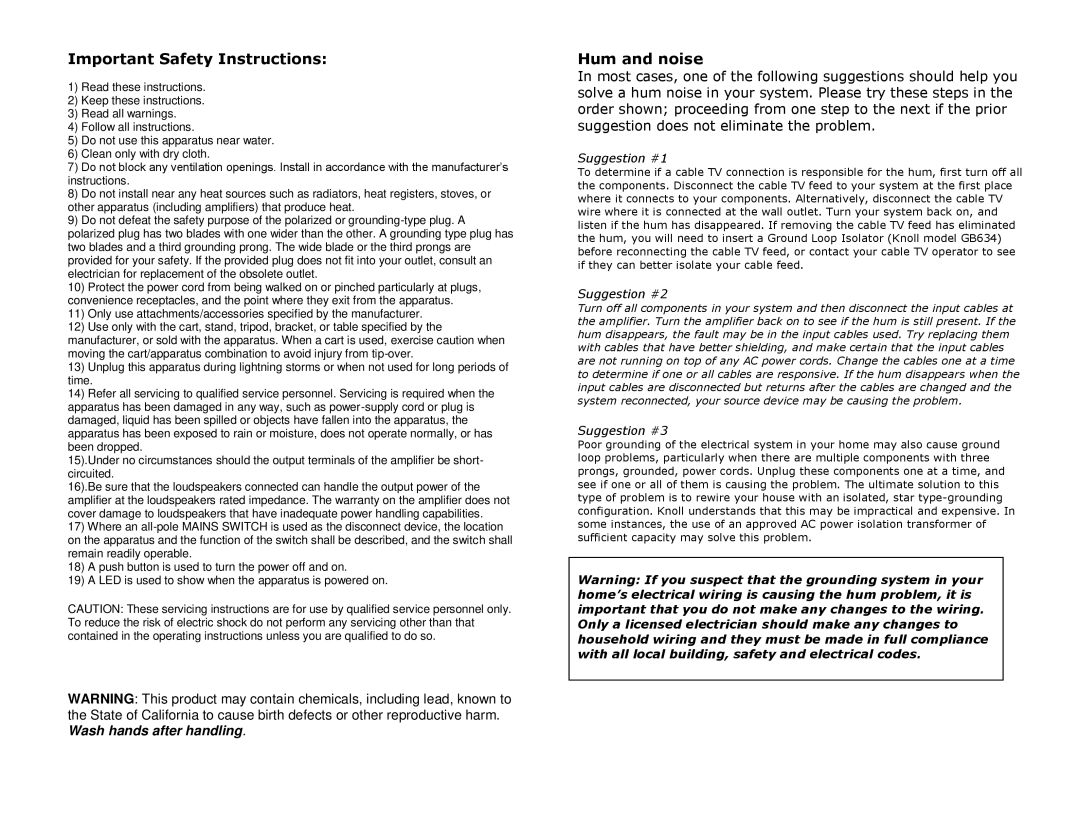MX855 specifications
The Knoll MX855 office chair is a remarkable seating solution that embodies modern design, ergonomic support, and advanced technology, making it a preferred choice for professionals who spend long hours at their desks. Designed with both aesthetics and functionality in mind, the MX855 is ideal for contemporary workspaces.One of the main features of the MX855 is its adjustable ergonomic design. The chair is equipped with a dynamic lumbar support system that adapts to the user's spine, providing essential support to prevent discomfort during extended periods of sitting. The seat height, depth, and armrests are fully adjustable, allowing users to find their optimal seating position for maximum comfort.
Another significant aspect of the MX855 is its innovative mesh backrest. This feature not only contributes to a sleek and modern appearance but also enhances breathability, ensuring that users remain cool and comfortable throughout the day. The mesh material promotes airflow, reducing the likelihood of sweat buildup and discomfort, especially during warmer months or in heated office environments.
The MX855 also boasts a sophisticated mechanism that allows for smooth recline and tilt functions. Users can easily adjust the tension of the recline to suit their individual preferences, enabling seamless transitions between work and relaxation. This feature supports a range of postures, encouraging active sitting which can improve productivity and reduce fatigue.
Additionally, Knoll incorporates sustainable materials in the MX855's construction, reflecting a commitment to environmental responsibility. The chair is designed with durability in mind, featuring high-quality components that ensure longevity and reduced waste.
The aesthetic appeal of the MX855 cannot be overlooked. Its sleek lines and minimalist design make it an attractive addition to any office environment, seamlessly blending with various interior styles. The availability of different colors and finishes allows for customization, enabling organizations to match their branding or design preferences.
In conclusion, the Knoll MX855 is a state-of-the-art office chair that combines ergonomic support, innovative technologies, and stylish design. With its adjustable features, breathable mesh backrest, and commitment to sustainability, the MX855 stands out as a top choice for those seeking comfort and functionality in their workspace. Whether in a corporate setting or a home office, this chair is designed to enhance the user experience, making it an investment in health and productivity.

